R. Kammarti
: LACS, Ecole Nationale des Ingenieurs de Tunis, Tunis - Belvedere. TUNISIE
Evolutionary Approach for the Containers Bin-Packing Problem
Jun 03, 2013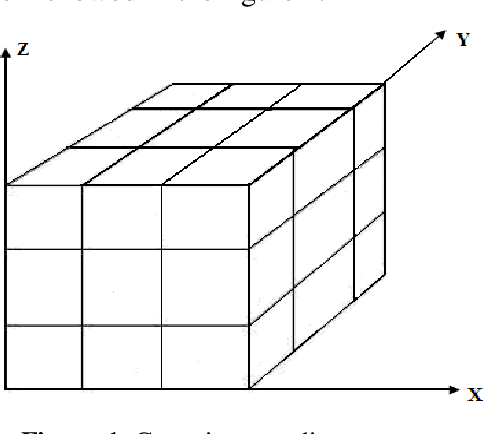
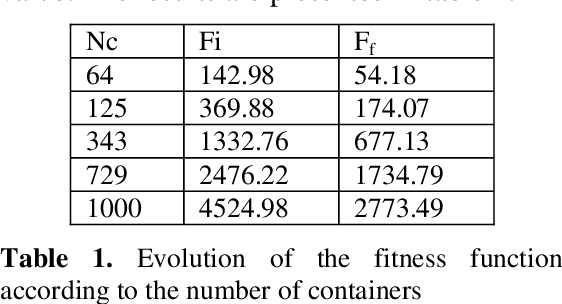
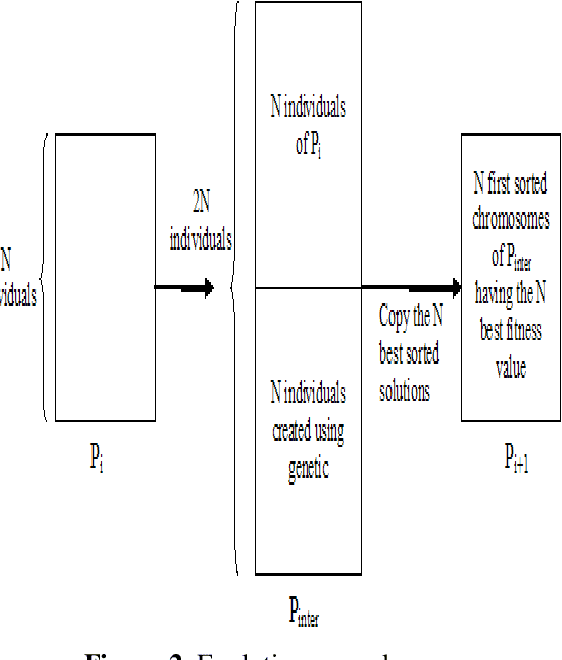
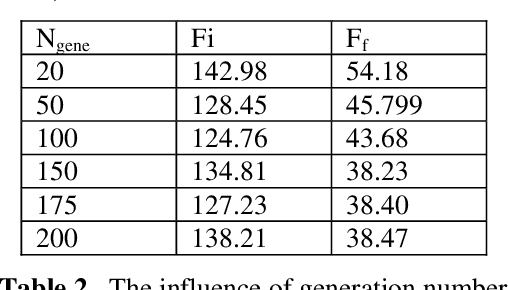
Abstract:This paper deals with the resolution of combinatorial optimization problems, particularly those concerning the maritime transport scheduling. We are interested in the management platforms in a river port and more specifically in container organisation operations with a view to minimizing the number of container rehandlings. Subsequently, we rmeet customers delivery deadlines and we reduce ship stoppage time In this paper, we propose a genetic algorithm to solve this problem and we present some experiments and results.
* 9 pages
Harmony search algorithm for the container storage problem
Jun 01, 2013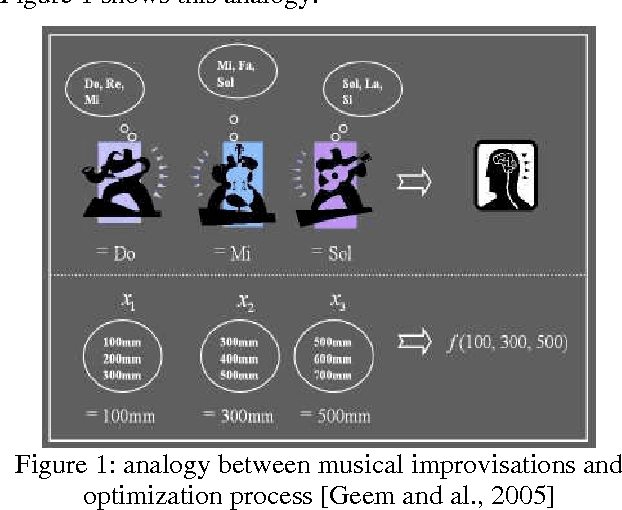
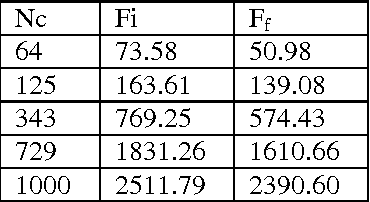
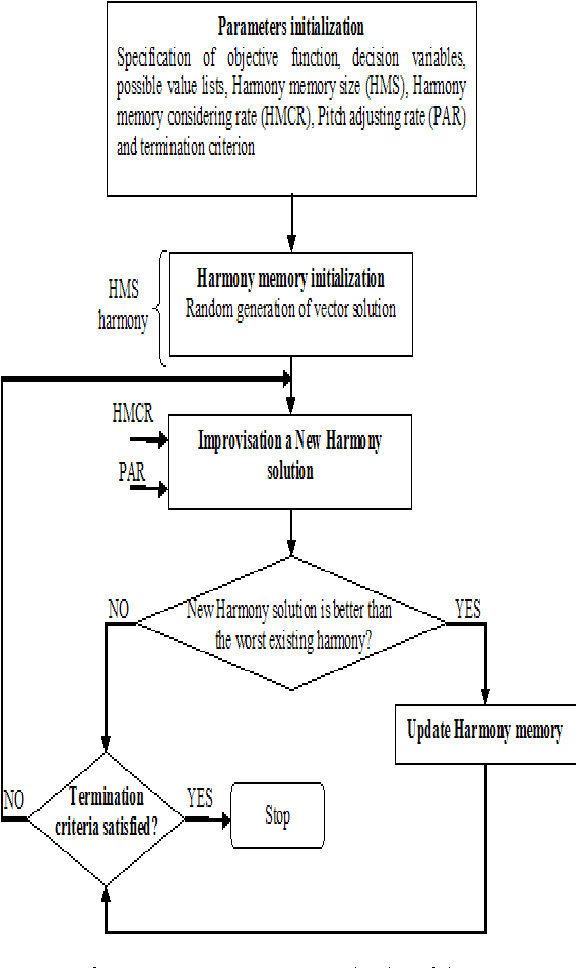
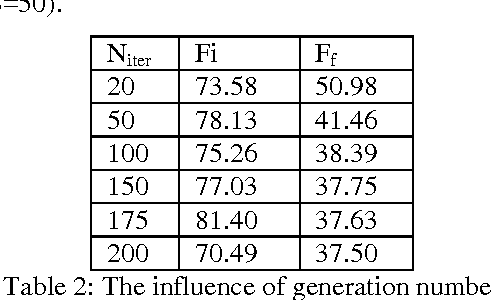
Abstract:Recently a new metaheuristic called harmony search was developed. It mimics the behaviors of musicians improvising to find the better state harmony. In this paper, this algorithm is described and applied to solve the container storage problem in the harbor. The objective of this problem is to determine a valid containers arrangement, which meets customers delivery deadlines, reduces the number of container rehandlings and minimizes the ship idle time. In this paper, an adaptation of the harmony search algorithm to the container storage problem is detailed and some experimental results are presented and discussed. The proposed approach was compared to a genetic algorithm previously applied to the same problem and recorded a good results.
Harmony search to solve the container storage problem with different container types
May 30, 2013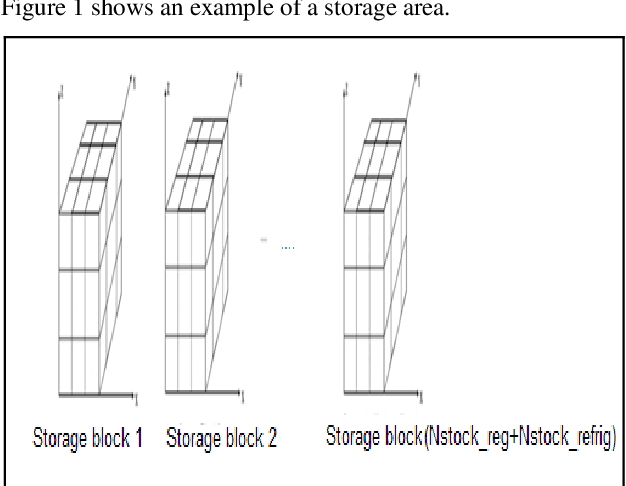
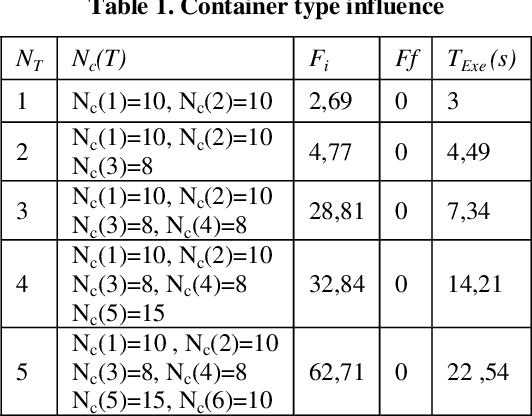
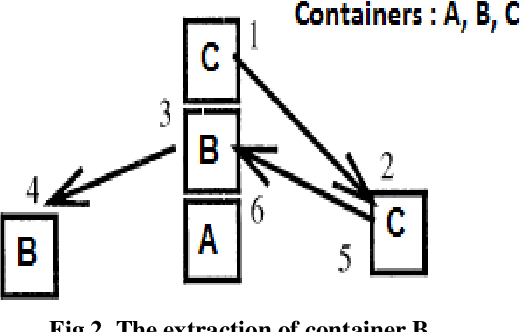
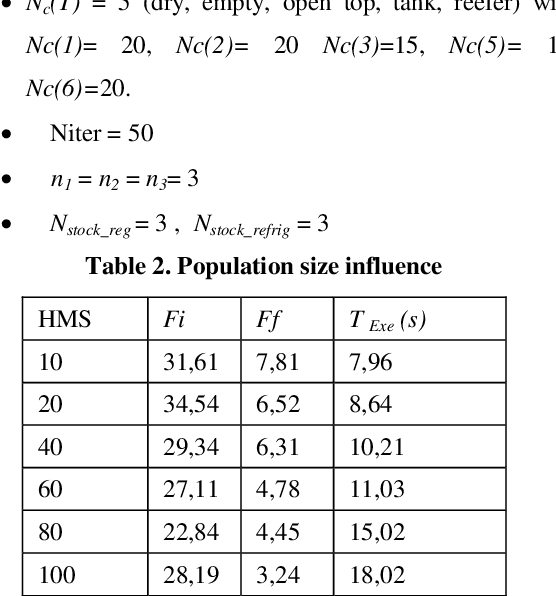
Abstract:This paper presents an adaptation of the harmony search algorithm to solve the storage allocation problem for inbound and outbound containers. This problem is studied considering multiple container type (regular, open side, open top, tank, empty and refrigerated) which lets the situation more complicated, as various storage constraints appeared. The objective is to find an optimal container arrangement which respects their departure dates, and minimize the re-handle operations of containers. The performance of the proposed approach is verified comparing to the results generated by genetic algorithm and LIFO algorithm.
* 7 pages
A Genetic algorithm to solve the container storage space allocation problem
Mar 05, 2013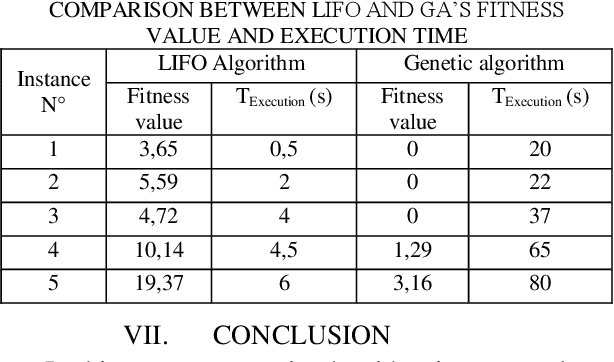
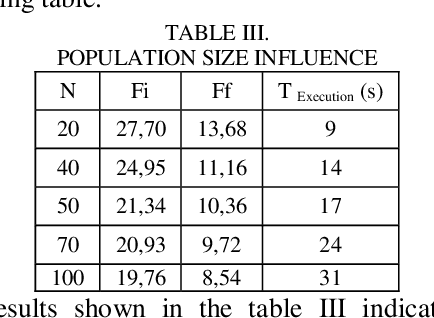
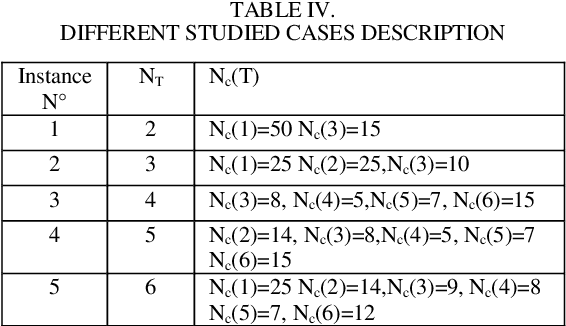
Abstract:This paper presented a genetic algorithm (GA) to solve the container storage problem in the port. This problem is studied with different container types such as regular, open side, open top, tank, empty and refrigerated containers. The objective of this problem is to determine an optimal containers arrangement, which respects customers delivery deadlines, reduces the rehandle operations of containers and minimizes the stop time of the container ship. In this paper, an adaptation of the genetic algorithm to the container storage problem is detailed and some experimental results are presented and discussed. The proposed approach was compared to a Last In First Out (LIFO) algorithm applied to the same problem and has recorded good results
 Add to Chrome
Add to Chrome Add to Firefox
Add to Firefox Add to Edge
Add to Edge